
Building togetherness in the face of disaster
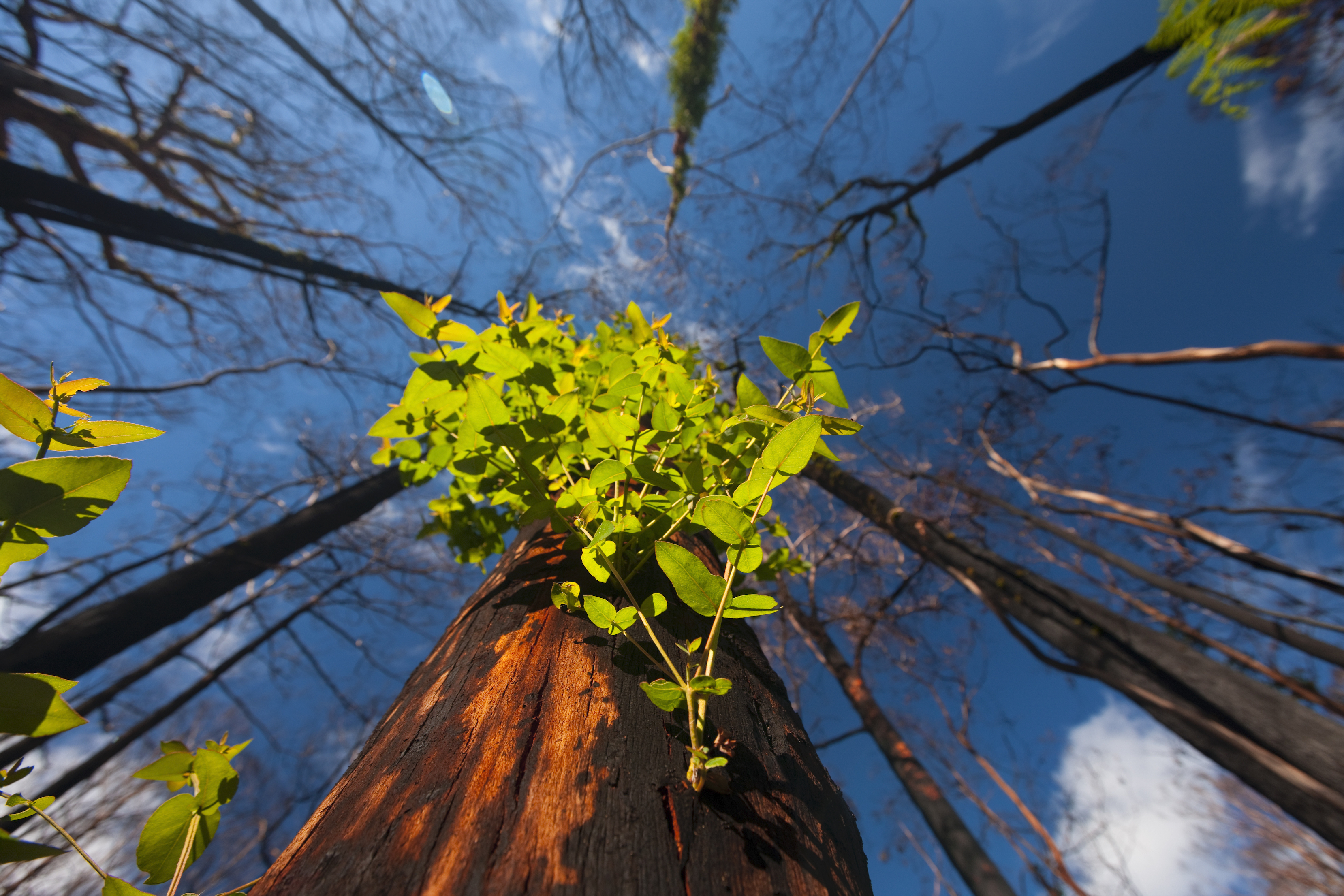
A ten year study into the aftermath of the Black Saturday bushfires highlights the importance of community and connection in what is a lesson for current and future disaster recovery efforts
Published 30 March 2021
Social connection is key for helping people to weather and recover from traumatic disasters like bushfires, according to a major 10-year study into Australia’s 2009 Black Saturday bushfires in Victoria that killed 173 people.
The report, released this week, is a timely reminder of the importance of community re-building given that survivors of 2019’s Black Summer fires that ravaged much of NSW and Victoria will have had their own recovery efforts hampered by the COVID-19 pandemic.
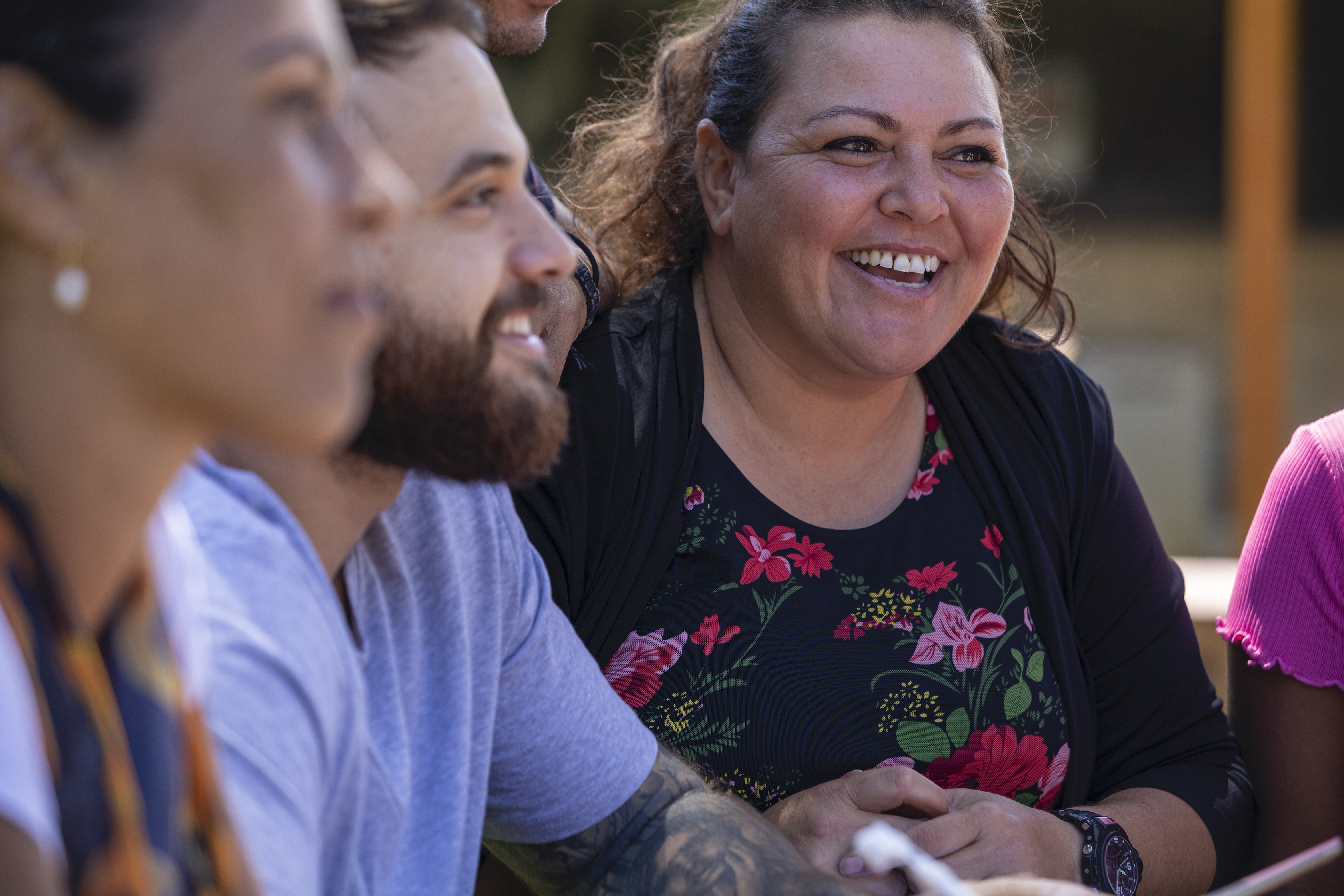
“Even though Black Summer was over a year ago, I can tell you that it is still early days in their recovery, particularly since people’s capacity to access services and connect with each other has been undermined by the pandemic,” says the lead researcher of the 10-year Beyond Bushfires report, Professor Lisa Gibbs from University of Melbourne.
“Our research highlights the importance of social connection and helping each other out, but you can’t do that when there are COVID-19 restrictions in place.”

The Beyond Bushfires report is the culmination of community meetings, interviews and surveys with over 1000 people from fire affected and nearby areas carried out in stages in the years since Black Saturday. It found that 10 years later, some 63 per cent of people from the worst hit areas felt they had mostly or fully recovered.
But at the same time it showed that some people were suffering persistent mental health problems.
Analyses led by Professor Richard Bryant, from the University of New South Wales, found that ten years after the event, some 22 per cent of people from the worst affected areas were still suffering symptoms consistent with disorders like post-traumatic stress, depression and psychological distress.
“What we know from the research is that the majority of people get back on track and are extraordinarily resilient in the face of terrible loss,” says Professor Gibbs.
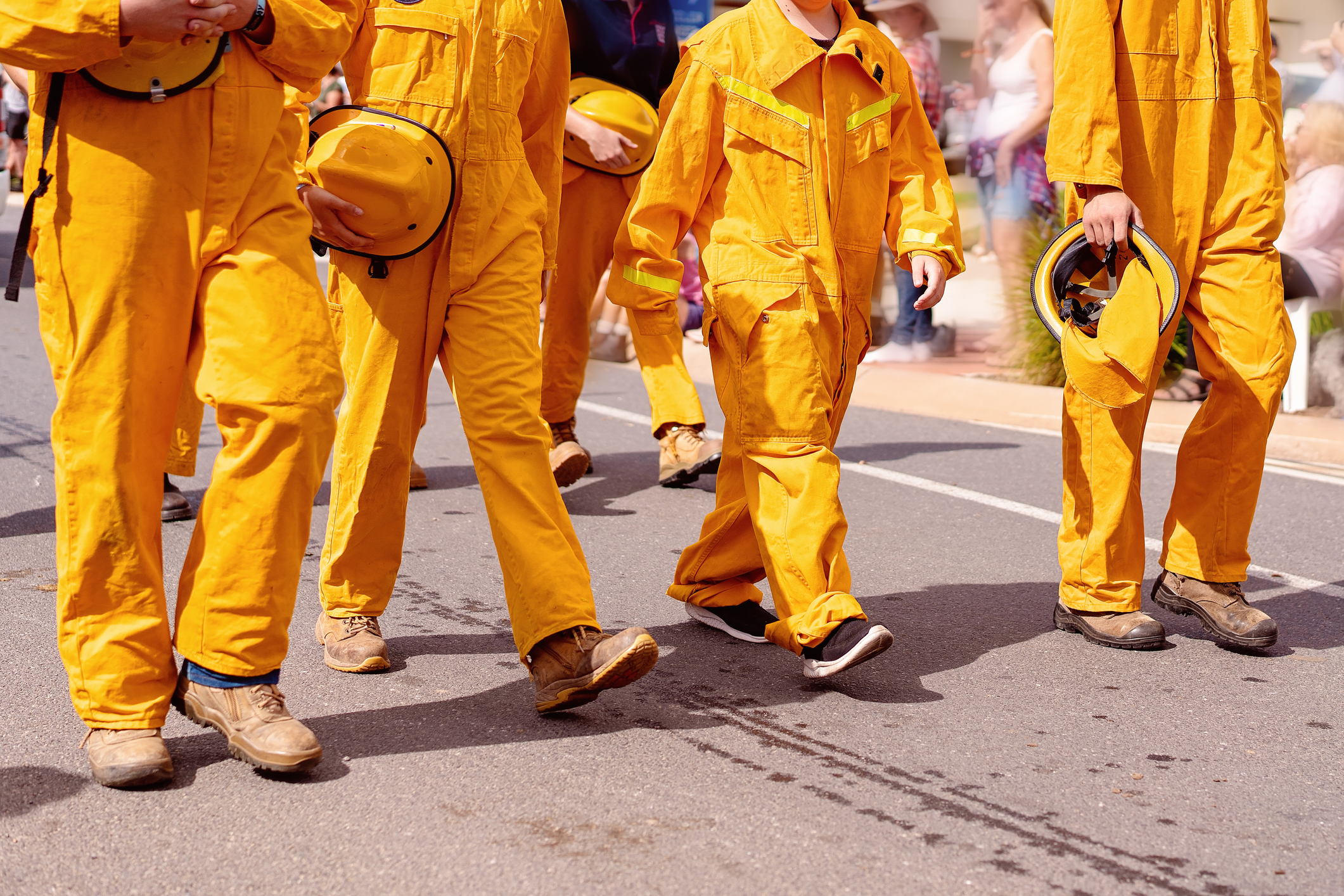
“Work led by Professor Louise Harms also found that some people experience post traumatic growth where the disaster was actually a catalyst for improving their lives, like leaving an unhappy relationship for example.”
“But there is absolutely this increased risk of mental health challenges and we need to recognise that and help people by knowing what makes a difference.”

Health & Medicine
Simple ways to support people dealing with traumatic events
Unsurprisingly, the people most at risk were those who had lost loved ones or friends, or had feared for their own lives. But analyses led by Dr Colin Gallagher also found that the anxiety of temporarily not knowing that loved ones were safe was associated with a higher risk of PTSD three-to-four years later.
Research led by John Richardson of the Australian Red Cross found that about 56 per cent of study participants reported being separated from family members during Black Saturday, and for 30 per cent it was 24 hours or more before they knew the fate of loved ones.
Professor Gibbs says it is important then that people’s bushfire safety plans include how they will connect with each other if mobile phone systems are down, and links to services like the Red Cross Register.Find.Reunite are widely shared.
Having more social ties was associated with higher resilience in the years after the trauma.

Research led by Dr Gallagher found that being a member of one or two social groups was also protective against mental disorders, though people can appear to spread themselves too thin as being a member of three or more groups was associated with reduced mental health.
Interestingly, the research found that belonging to a community group didn’t just help the members of these groups, the benefits also seemed to extend to other locals if many people in the community belonged to a group.

Arts & Culture
Our savage history of fighting bushfires
“It suggests that there is an increased level of trust and reciprocity in communities with high group membership that perhaps comes from people just knowing each other more, engaging with each other, and this is what you could describe as a resilient community,” says Professor Gibbs.
But this sense of community is also fragile. While the majority of people in the worst affected areas of Black Saturday felt largely recovered 10 years on, only a third felt their community had recovered.
Professor Gibbs says it suggests that community building needs to be an important part of recovery strategies, but she warns that fostering community is a complex task.
“What agencies need to realise is that while bringing people together is a great concept, people don’t always get along and shouldn’t be expected to get along.”
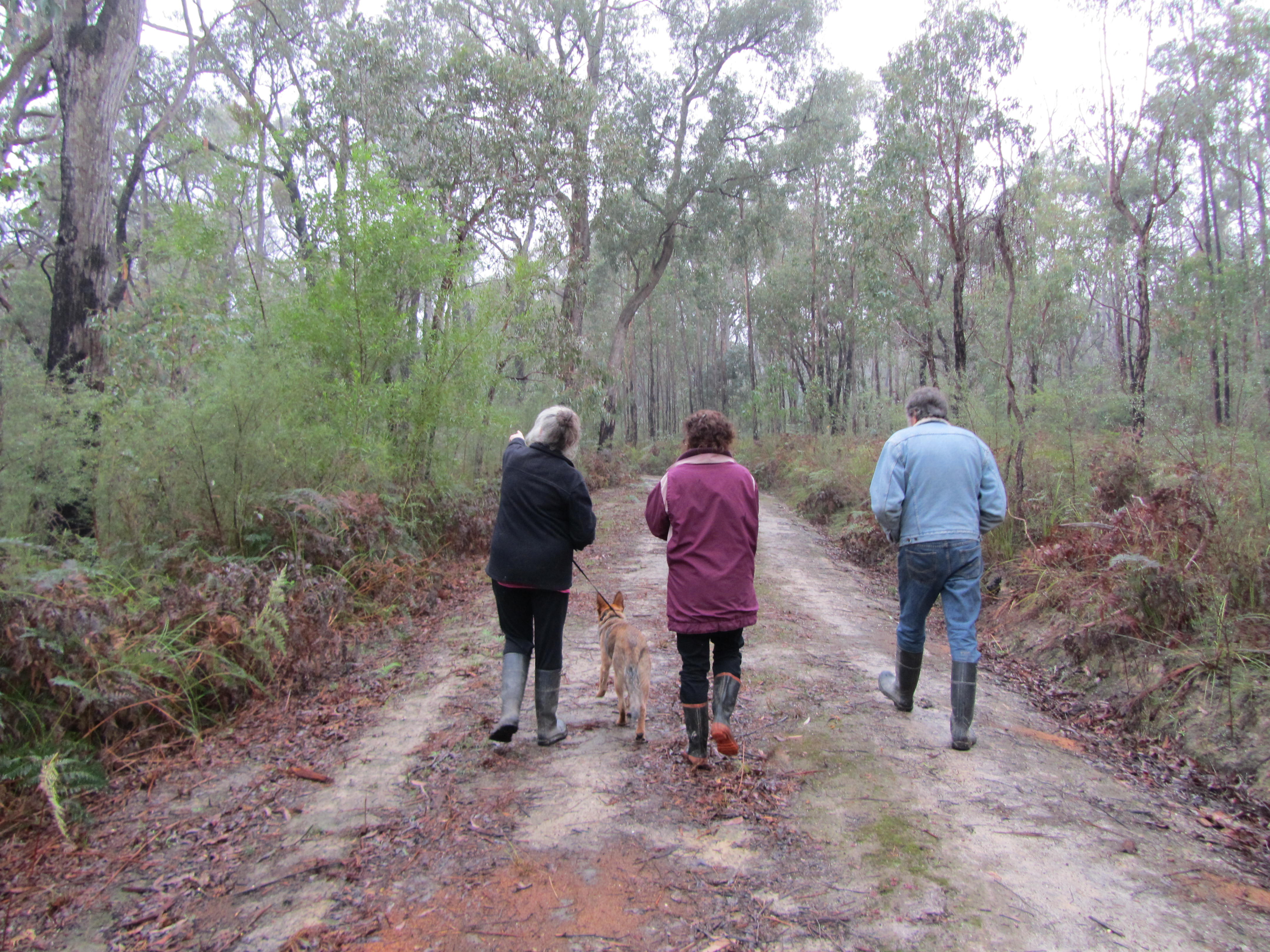
She noted that during the Black Saturday recovery, some groups would go to great lengths to have separate spaces from other groups. In one instance a group took to using a shipping container for meetings.
“We have to honour the notion of community and connectedness but at the same time allow for differences, because communities don’t speak with one voice,” says Professor Gibbs.

Health & Medicine
Black Saturday: Understanding disaster recovery and resilience
Another important factor driving resilience is getting the basics right – helping people sort out their housing, jobs and finances. The study found that life stressors like the loss of property and income was associated with poorer mental health outcomes.
“What is needed goes beyond counsellors and psychologists, you also need people like financial advisors and people who can help in navigating building regulations and access to financial support and services,” says Professor Gibbs.
Mental health support efforts also need to recognise that different people need different levels of support. Professor Gibbs notes that while badly affected individuals need professional intervention, what is often missing is community-based support for people who are less seriously affected.
For example, research led by Professor Meaghan O’Donnell found that some three years after Black Saturday, almost 16 per cent of study participants were reporting ongoing adjustment problems that were distressing and impacted on the individual’s day to day functioning.
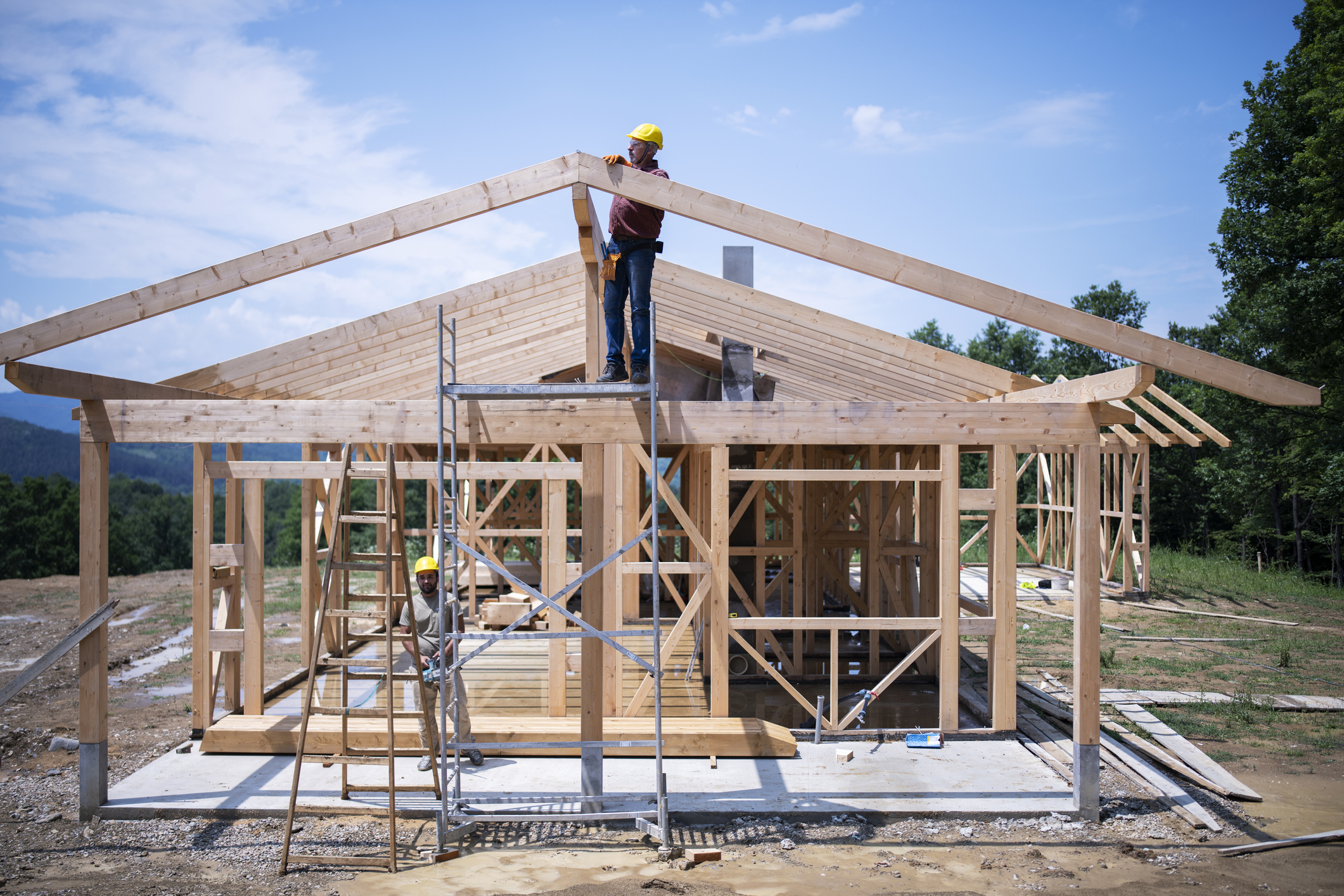
“The impact of this kind of enduring stress isn’t well understood in the disaster context, but what we found was that if people aren’t well supported, ongoing distress can develop into more serious mental health disorders,” says Professor O’Donnell.
Another lesson is that for some people recovery is a long-term project, so while immediate support for traumatised communities and individuals is crucial, so too is the need for longer term planning.

Health & Medicine
Bushfire trauma puts schooling at risk
This was perhaps most evident in the impact on children caught up in Black Saturday. Work led by Professor Gibbs found that children from the worst affected areas were more likely to suffer learning delays at school, and these delays could extend for years.
In the immediate aftermath of the 2019 Black Summer fires there was a lot of public criticism aimed at charities for not distributing donated money fast enough, but Professor Gibbs say that in husbanding some funds for multi-year programs the charities were actually following what the research says.
“One of our recommendations is that when these traumatic events happen we need to make a five-year recovery plan,” says Professor Gibbs.
“We need to educate the general public about what is needed to support recovery because a lot of pressure and expectation can be put on agencies for immediate action, when we also need to plan for the long term.”

“For trauma affected people it can be hard just deciding what clothes to wear that day, let alone be making decisions on rebuilding their homes and navigating these processes. So some of the outrage we have seen I think misses the fact that people need different amounts of time to recover.”
The importance of connection and community is a lesson that now needs to be at the forefront of efforts to support people struggling to recover from the COVID-19 pandemic, says Professor Gibbs, especially in places like Melbourne where lockdowns were particularly severe.

Health & Medicine
Understanding posttraumatic nightmares
“I was very concerned during the pandemic that the mental health and wellbeing of people would be forgotten in the rush to control disease transmission,” says Professor Gibbs.
“But I was relieved to see how quickly people reacted with expressions of support for each other – like the chalk drawings on the pavement, the community initiatives to help people, and the enthusiasm with which people took to video catch-ups.”
“I think we all feel more keenly now just how important community is.
“And that collective experience will really help in how we respond to future bushfires and disasters, because in a way many more of us now know what it’s like when an event like a bushfire ends up affecting every aspect of your life.”
Banner: Getty Images





